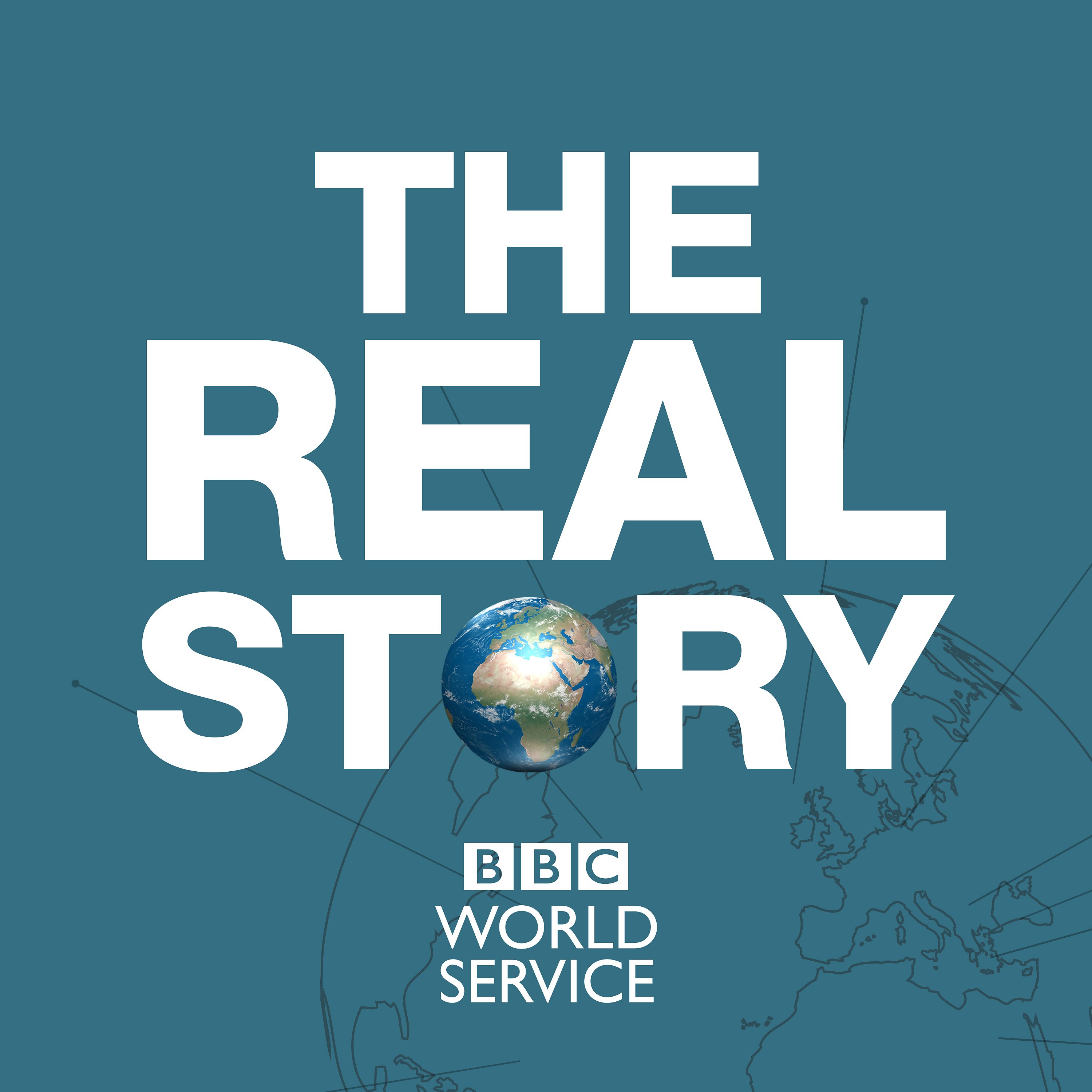The future of work
Description
The prospect of a world without work - that was the vision offered up by Elon Musk this month. The US tech billionaire has predicted that artificial intelligence will eventually mean that no one will have to work. Mr Musk suggested that society could reach a point where “no job is needed” and “you can do a job if you want a job, but the AI will do everything”.
Contrasting with the idea of the zero-hour working week, Indian software billionaire and Infosys founder NR Narayana Murthy - says that young people should be ready to work 70 hours a week to help the country's development.
Since the pandemic, many companies allow their employees to work from home. Others have moved to a four-day working week, citing benefits such as increased productivity and significant financial savings for employees on transport and childcare. But some employers insist the shorter working week doesn’t work - saying employees ended up having more stressful workdays, and feeling exhausted once they reached their scheduled days off.
How many hours should a person work in a week? Is a world without work desirable? If AI will be capable of doing many jobs, should employees be fearing the future - or take advantage of these changes, and strive for new ways of working? What’s the future of work?
Shaun Ley is joined by:
Andrew Palmer, who writes The Economist's Bartleby column, which explores management and the world of work
Brendan Burchell, professor in social sciences at the University of Cambridge. He's done a lot of work on the way labour markets affect individuals
Anat Lechner, clinical professor of management and organisations at New York University
Also featuring:
Jayati Ghosh, professor of economics at the University of Massachusetts, Amherst
Elliot Keck, Head of Campaigns at the Taxpayers' Alliance
Gary Conroy, CEO of Five Squirrels, a company in the skincare industry which operates on a four-day working week
Produced by Max Horberry and Ellen Otzen
(Photo: Getty)
More Episodes
The Wall Street Journal reporter, who is the first US journalist charged with spying in Russia since the Cold War, has now been imprisoned for a year. His detention has been repeatedly extended and he is yet to face trial. His family, colleagues and the US government vehemently deny the...
Published 03/29/24
Published 03/29/24
Over the past year thousands of journalists have lost their jobs as mass media news organisations struggle to make ends meet. Ad revenue is down, many publishers are struggling to gain subscribers, and social media has resulted in plummeting traffic to homepages. More than a third of people...
Published 03/29/24


